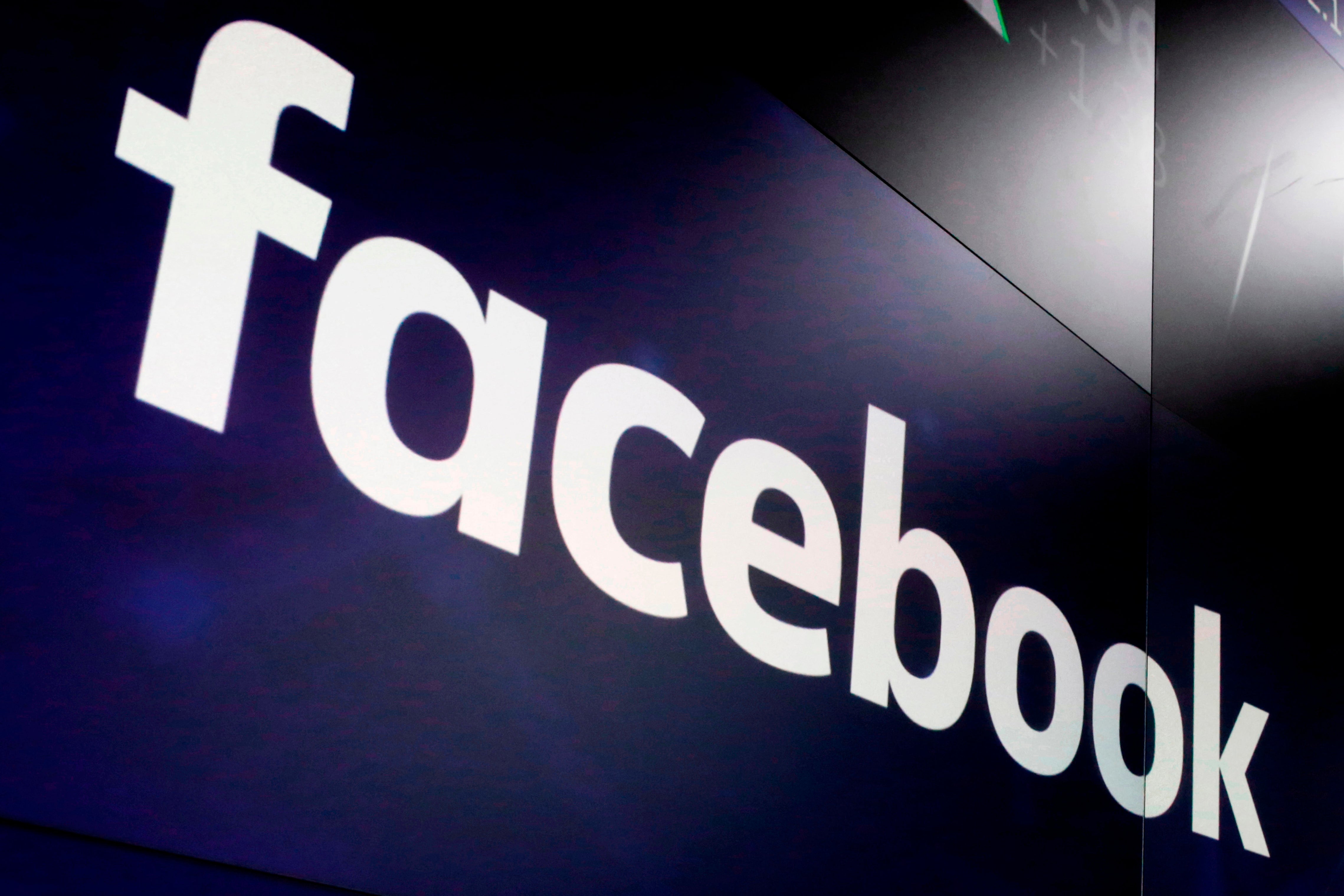Facebook warned not to use ‘privacy as pretext’ to stop researchers finding misinformation
Facebook will not fact check political ads, or adverts that are spread through fake testimonials

The US government has said that Facebook is invoking “privacy … as a pretext” after the social media giant blocked misinformation researchers’ access to data.
Facebook has repeatedly come under criticism due to its decision not to fact-check political advertising, despite CEO Mark Zuckerberg telling congress that it does not “allow misinformation in our ads”.
Such polices were notable during the last presidential election after Facebook was forced to pull nearly 50 ads from Donald Trump’s campaign. Although Facebook will remove ads that violate certain policies, lies that do not violate its rules remain up and could influence voters.
It was also recently found by The Independent that companies can use fake testimonials attributed to Twitter accounts that do not exist to advertise on Facebook and Instagram, despite Facebook’s ad policies forbidding “deceptive, false or misleading claims”.
Researchers at New York University with the Ad Observatory Project had for several years been looking into Facebook’s Ad Library, where searches can be done on advertisements running across Facebook’s products.
The access was used to “uncover systemic flaws in the Facebook Ad Library, to identify misinformation in political ads, including many sowing distrust in our election system, and to study Facebook’s apparent amplification of partisan misinformation,” Laura Edelson, the lead researcher behind NYU Cybersecurity for Democracy, said Wednesday.
Facebook agreed in a 2019 consent decree settlement with the FTC to pay a record $5 billion for alleged violations of the privacy of users’ personal data.
However, “the FTC received no notice that Facebook would be publicly invoking our consent decree to justify terminating academic research earlier this week”, said Samuel Levine, acting director of the FTC’s consumer protection bureau.
Had Facebook “honoured [its] commitment to contact us in advance”, Levine continues, “we would have pointed out that the consent decree does not bar Facebook from creating exceptions for good-faith research in the public interest.
He continued: “While it is not our role to resolve individual disputes between Facebook and third parties, we hope that the company is not invoking privacy – much less the FTC consent order – as a pretext to advance other aims.”
Facebook’s action against the NYU project also cut off other researchers and journalists who got access to Facebook data through the project, according to Edelson, the NYU lead researcher.
The researchers offered Facebook users a web browser plug-in tool that let them volunteer their data showing how the social network targets political ads.
But Facebook said the browser extension was programmed to evade its detection systems and vacuum up user data, creating privacy concerns.
In a blog post late Tuesday, Facebook said it takes “unauthorized data scraping seriously, and when we find instances of scraping we investigate and take action to protect our platform.”
Levine wrote that after Facebook wrongly asserting its actions against the researchers were required under the consent decree, it later acknowledged that was inaccurate. “While I appreciate that Facebook has now corrected the record, I am disappointed by how your company has conducted itself in this matter,” he told Zuckerberg.
Facebook says it makes information on political ads available through its Ad Library and provides “privacy-protected data sets” to researchers through other means.
Facebook didn’t admit wrongdoing in the 2019 settlement.
The FTC opened an investigation into Facebook in 2018 after revelations that data mining firm Cambridge Analytica had gathered details on as many as 87 million Facebook users without their permission.
In addition to privacy concerns, the FTC and Facebook have been wrangling over antitrust issues. The agency and 48 states and districts sued Facebook in December, accusing the tech giant of abusing its market power in social networking to crush smaller competitors. They were seeking remedies that could include a forced spinoff of the social network’s Instagram and WhatsApp messaging services.
A federal judge recently dismissed the antitrust lawsuits, saying they didn’t provide enough evidence to prove that Facebook is a monopoly. The ruling dismissed the FTC’s complaint but not the case, giving the agency a chance to file a revised complaint.
Facebook did not respond to The Independent’s request for comment before time of publication.
Additional reporting by Associated Press
Join our commenting forum
Join thought-provoking conversations, follow other Independent readers and see their replies
Comments
Bookmark popover
Removed from bookmarks